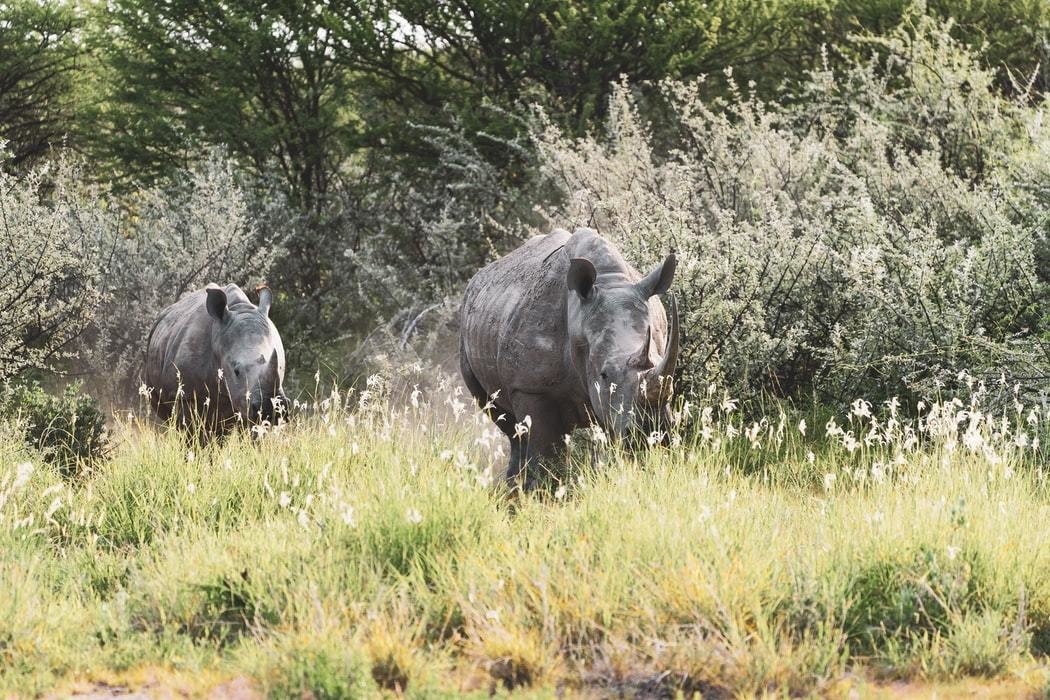
African apes could lose 90% of their habitat by 2050, according to a new report
A new study published in Diversity and Distributions provides a best and worst-case scenario for African ape habitats over the next 30 years.
Olivia is a freelance reporter for EcoWatch.

A new study published in Diversity and Distributions provides a best and worst-case scenario for African ape habitats over the next 30 years.

Plastic pollution is pilling up, creating an insulation layer that raises the temperature to a point where it is likely unsuitable for most marine animals.

The Protected Planet Report has stated that at least 17% of land environments are protected as of 2020, but more needs to be done to protect 30% by 2030.

Researchers have highlighted 10 types of forests in Africa based on certain factors to help conservationists protect those more vulnerable to climate change.
Since the 1950s, only 600 million metric tons of plastic have been recycled, compared to the 4.9 billion metric tons in landfill. But here's a solution.
26 researchers determined which areas of the ocean should be protected in order to preserve biodiversity, restore fisheries and reduce climate change.
A report created by 16 conversation groups called 'The World's Forgotten Fishes' has outlined a six-point plan to save freshwater fish from extinction.
An airbourne lab has created maps of Hawaii's coral reefs in never-before-seen detail, helping researchers understand more about the risks they face.
According to the World Meteorological Organization (WMO) the ozone hole over Antarctica is one of the largest and deepest in the past 15 years.
Between the years 2000 and 2013, 1.9 million square kilometers of undisturbed ecosystems have been lost, according to a study.
A new study from Australia has shown that honeybee venom might be able to successfully kill cancer cells for patients suffering form breast cancer.
The amount of plastic in the ocean has been 'massively underestimated', according to a National Oceanography Centre study.
A study has found Greenland's ice sheet would continue to shrink even if surface melting decreased and global warming was stemmed. But that doesn't mean giving up.
A new study has revealed that polar bears could be gone by as early as 2100, unless greenhouse gas emission are significantly reduced.
Climate change is taking a heavy toll on penguins as their habitat is melting away due to warming oceans and melting glaciers. One penguin colony has seen its population fall by 77%.










